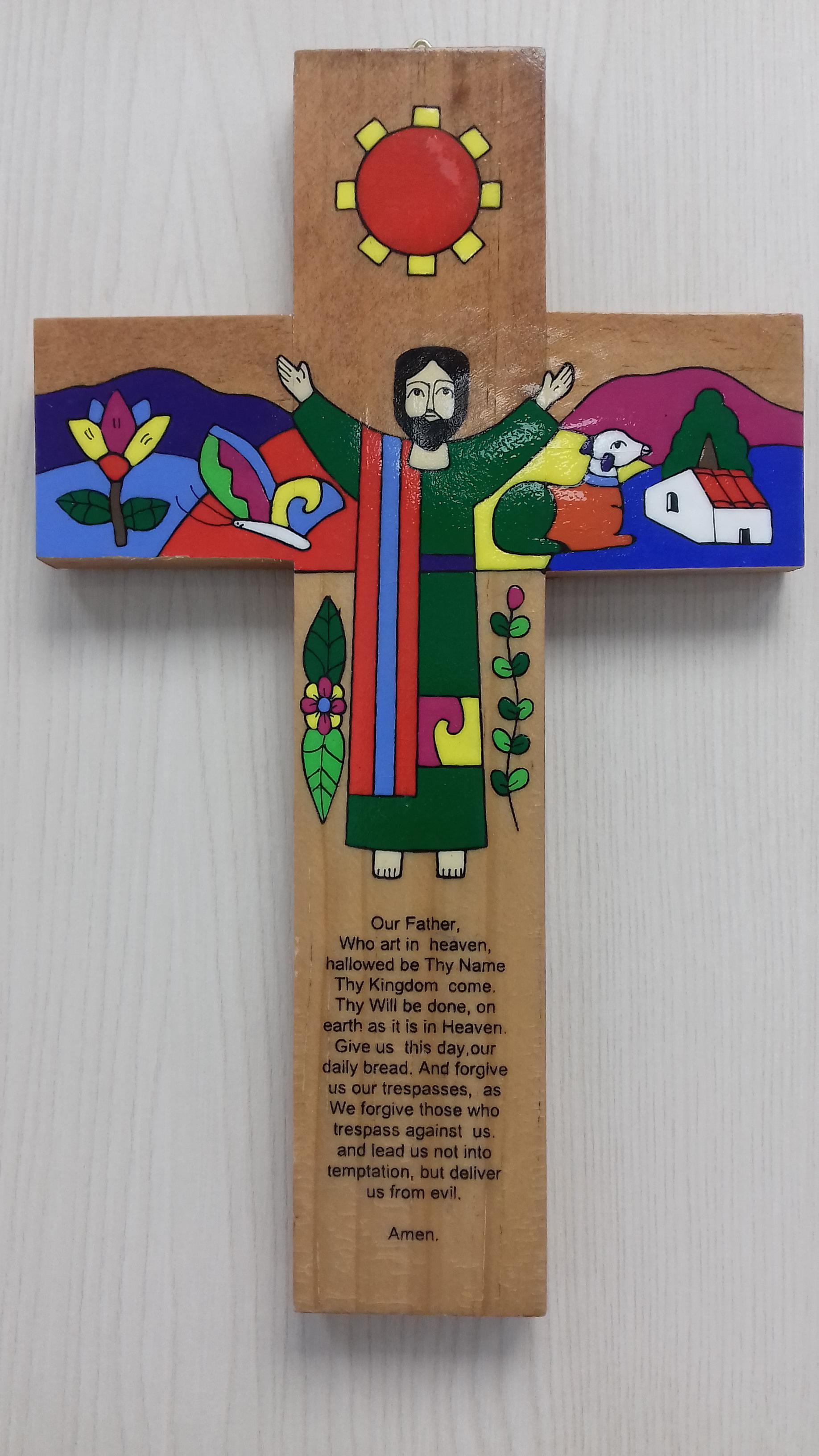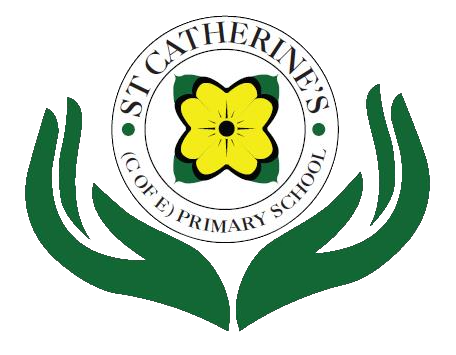Religious Education

ST CATHERINE'S TEACHING OF RE
The intent for for Religious Education (RE) at St Catherine's is that pupils are engaged, inspired and challenged throughout their in depth studies of faith within a multi-cultural society. Religious education will equip them with the knowledge and skills to grapple with life's big questions, explore different religious beliefs, values and traditions and develop a respectful understanding beliefs that may differ from their own. Through these studies, we aim to embed the core values of respect, wisdom and compassion. Through cross-curricular links within the subject, we can promote the children's capacity for awe and wonder, ability to demonstrate curiosity and open mindedness, allowing them to be self-aware and empathise with others. This is frequently carried out through the 'Windows, Mirrors and Doors' approach which allows pupils to bring this learning into their own consciousness and reflect and act upon their new found understanding.
St Catherine's School uses the Hertfordshire Agreed Syllabus of Religious Education, to deliver well-rounded, inclusive and interesting RE lessons. The syllabus was newly introduced in 2023 and all teaching staff have received relevant training.
Should anyone wish to look at the syllabus, or discuss further, please feel free to ring the office and arrange an appointment with our RE leader, who will be happy to talk about the structure and content of our RE lessons.
This Agreed Syllabus for RE aims to ensure that all pupils develop knowledge and understanding of sources of wisdom and their impact whilst exploring personal and critical responses.
Sources of wisdom from religions and worldviews and their impact
All pupils should:
• know, understand and explore the significance and impact of sacred texts, other sources of wisdom and ways of expressing meaning
• express ideas and insights about the nature of beliefs, values and practices and their impact on the identity of individuals and communities locally, nationally and globally
• recognise and explore similarities and differences which exist within and between religious and non-religious worldviews
Personal and critical responses to religion and worldviews
All pupils should:
• express with increasing discernment their personal reflections, critical responses and connections to faith and belief enquiring into and responding to spiritual, philosophical, moral and ethical issues
• engage with the questions and responses offered by religions and worldviews concerning ultimate questions and human responsibility
• develop the skills required to engage with others in dialogue and to cooperate in society with respect and compassion
HOW IS OUR CURRICULUM CHANGING IN 2023?
RE in our school will reflect the important role beliefs and non-religious worldviews play in all human life, preparing them for life in today's ever changing society. A worldview is a person’s way of understanding, experiencing and responding to the world. A person’s worldview is likely to influence and be influenced by their beliefs, values, behaviours, experiences, identities and commitments. As such, our lessons are structured with an enquiry-based approach, which allows pupils to apply learning across multiple contexts - comparing religious views, non-religious worldviews, the context of their peers and their own opinions, experiences and viewpoints.
Have a watch of the following video which explains further.
Nobody Stands Nowhere - YouTube
CURRICULUM STRUCTURE
By the end of each key stage, pupils are expected to know, apply and understand the matters, skills and processes specified in the relevant programme of study.
Non-statutory exemplar to show breadth and depth of study for teaching religious education | |
EYFS | Children will encounter Christianity and religions and beliefs represented in the class, school or local community. Religious Education will support a growing sense of the child’s awareness of self, their own community and their place within this. |
Years 1 and 2 | A minimum of two religions are to be studied. Christianity and at least one other religion. Judaism and Islam are recommended (or the predominant local religions and beliefs represented). Pupils may also learn from other religions in thematic units. |
Years 3 and 4 Years 5 and 6 | A minimum of four religions are to be studied. Christianity and at least three principal religions chosen from Buddhism, Hinduism, Judaism, Islam and Sikhism will be studied in depth. Pupils may also learn from other religions and worldviews in thematic units. Recommended focus faiths for lower KS2 – Christianity (Islam, Hinduism, Sikhism). Recommended focus faiths for upper KS2 – Christianity (Judaism, Buddhism). All six principal religions will have been introduced or revisited by the end of KS2. |
